We are setting the record straight on backyard farming! Have you been falling for any of these myths?
1. You have to be a crunchy, tree-hugging hippie to be a backyard farmer
Some people who are “crunchy” choose to grow their own food. In the same manner, some people who are brunette choose to drive cars. That doesn’t mean you have to be brunette to drive a car. And you certainly don’t have to be a crunchy hemp-wearing hippie to grow your own food. The majority of people who choose to grow their own food are just regular ol’ people who enjoy nature and want to have healthy food options for themselves and their families. Whether you are completely crunchy or all business suit-and-tie (or somewhere in between) just be you and enjoy growing the best damn food you’ll ever taste.
2. You have to live in the country to grow your own food
Often, when I explain to people that we grow our own food, they respond by saying “but that’s because you live in the country”. Nooooo… we live in the country because that’s where we are our happiest. Surprisingly, we developed our passion for growing our own food when we were living in a suburban cul-de-sac. We could have easily stayed there and grown an abundance of food in the backyard. Certainly, there are some things that are easier to do in the country with more land (I would imagine neighborhood associations would frown on a milk cow in the front yard), but there are so many alternatives as well. With options like community gardens, hydroponics, intensive gardening methods and vertical gardens, you can efficiently grow an abundance of food in a backyard, on a balcony, or even indoors!

3. You have to be good at gardening
This is absolutely not true! No one is an excellent gardener (or even a not-so-terrible gardener) until they start actually gardening. Like anything in life, you have to start somewhere. The most important thing is to start. You may only successfully grow two tomatoes and a cucumber your first year. Hey, it happens. It’s still more than you would have grown if you had never tried. I didn’t know anything about gardening a few short years ago, and my first year of garden was definitely less than successful (read about it here, just don’t laugh too hard!). With each new attempt, you will gain more knowledge and experience. Growing our own food teaches us to enjoy every success and harvest, regardless of the size!
4. You don’t need to grow your own food if you have access to organic produce at the supermarket
People often don’t understand why we would go through all the work of growing and processing our own food when we could just run over to Costco and check out their awesome new organic selection (props to you, Costco, for supporting organic farmers!). But backyard farming is about so much more than having organic food! Backyard farming has obvious benefits: it’s cheaper to grow your own food and you know exactly what growing methods were used to produce it. But there are hidden benefits as well! Backyard farming is a fantastic way to connect with the earth and understand nature better. People who are more in-tune with nature are generally better stewards of the earth’s natural resources. Backyard farming teaches us sustainability practices such as seasonal and local eating, which help reduce our food’s carbon footprint. It’s a great way to introduce your children to life cycles, ecology and sustainability. Backyard farming also strengthens communities by creating green spaces and producing locally-sourced food. And, best of all, gardening can be a major stress reliever, especially if you drink wine while pulling weeds like I do!
5. You have to have lots of free time to grow your own food
To be perfectly honest, growing your own food absolutely requires a time commitment. However, many people believe that in order to be a successful backyard farmer, you need to have tons of time to devote to it. The wonderful thing about growing your own food is that it can all be done on your own terms. Backyard farms can be developed quickly, or over many years. It’s a process that doesn’t have a completion date. Because of that, your backyard garden can easily accommodate your lifestyle. My number one suggestion to people who don’t believe they have enough time to grow their own food is to look at your backyard farm as an investment. This is something that will add value to your life and your health. If you can see the value in what you are working towards, you will be more likely to invest your time in it. It is important to look for ways to carve out time in your schedule to devote to developing your backyard farm. It may only be a half an hour a day and that’s okay! If you are still coming up short on time, try other options like involving the entire family (or neighbors/friends!) to help. Creating a shared garden allows others to help with the responsibilities and share in the rewards. It’s also a great way to spread the love of gardening to other who are short on time or space! You can also invest in systems and technologies that are designed to reduce maintenance times: automatic water timers can water your plants when you are away, raised beds with a heavy layer of mulch will reduce weeding, and intensive growing practices will increase yields without increasing the work. There are an endless amount of options that can make backyard farming a reality for even the busiest of schedules!
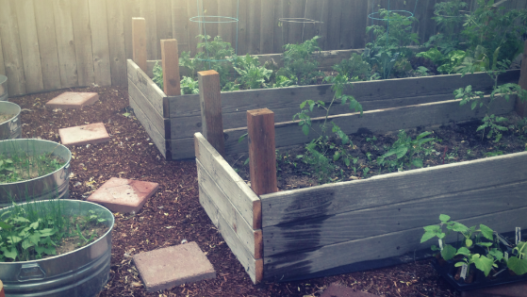
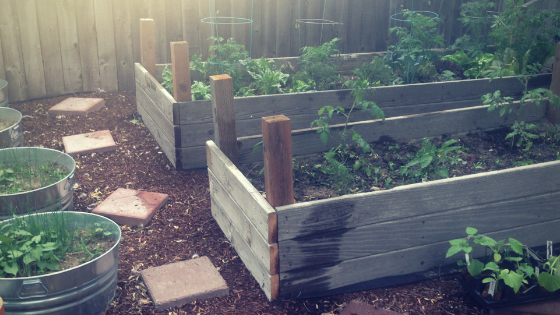
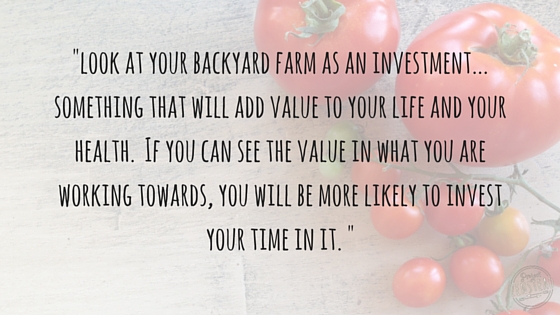

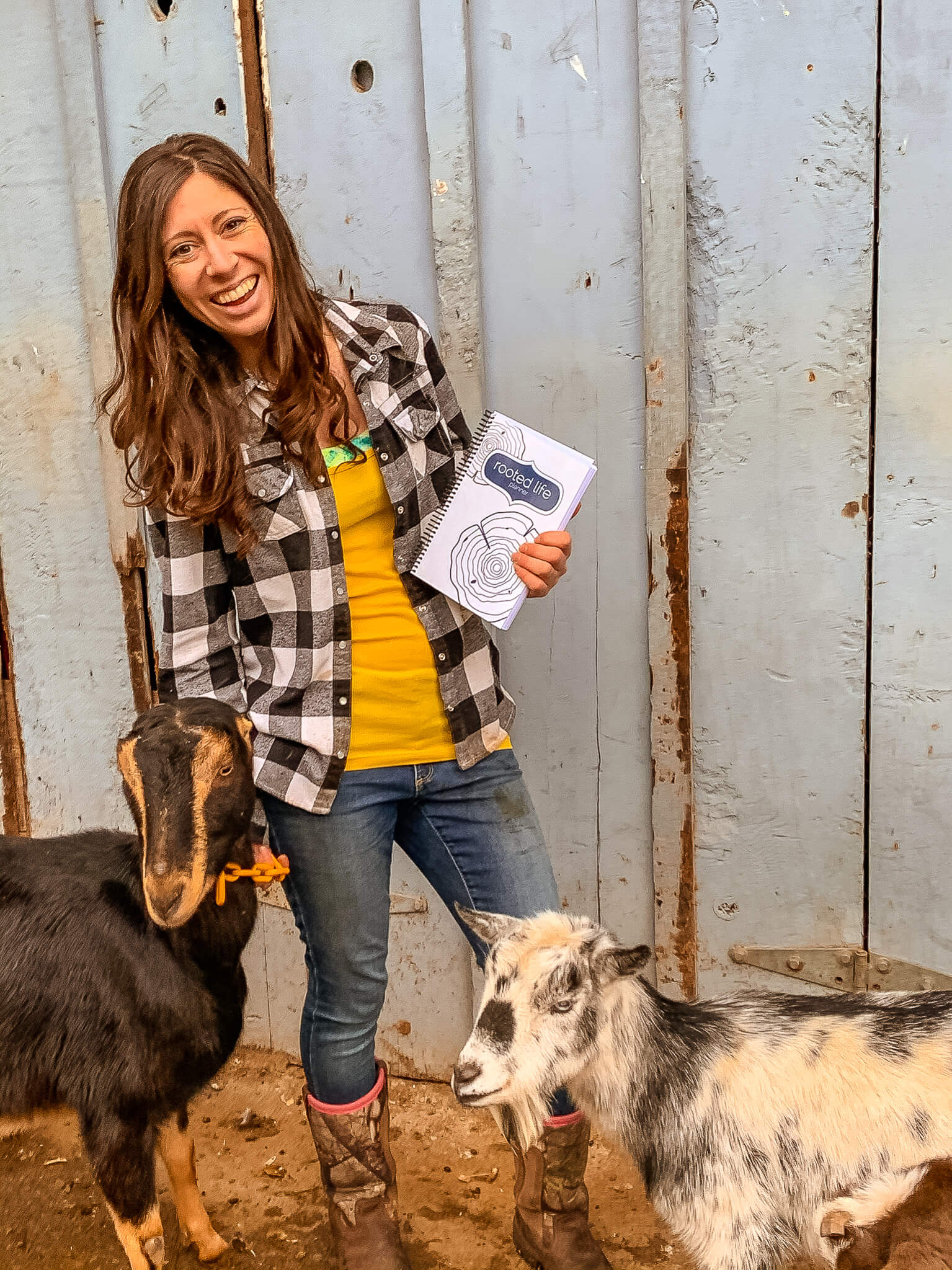


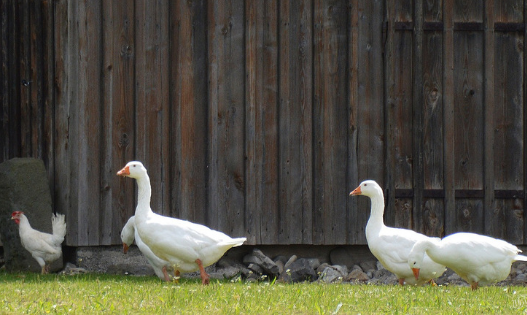
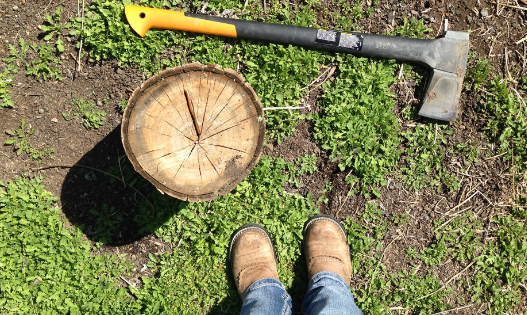
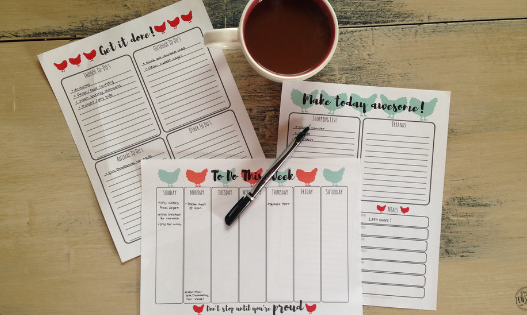
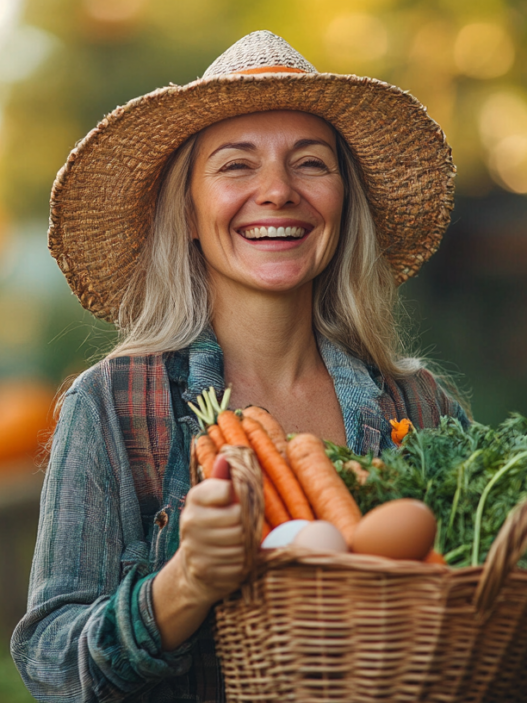
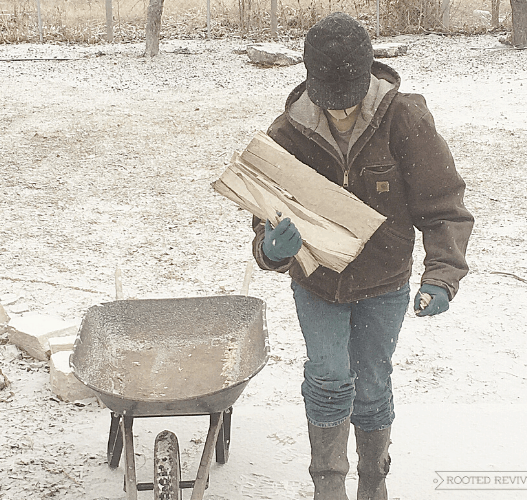
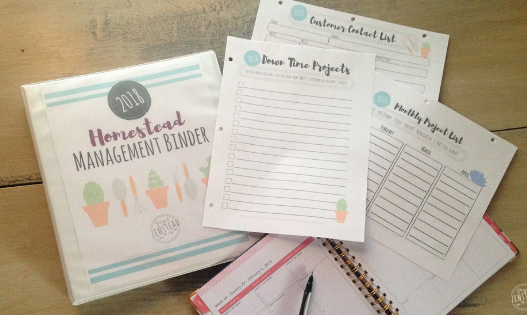
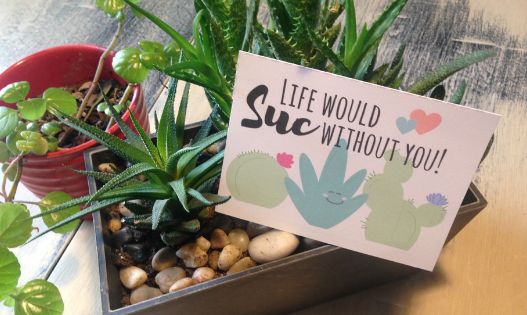
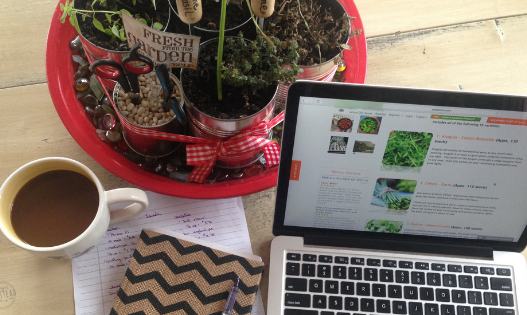
Number 4 is so true! If you grow some or all of your own, you know exactly what’s gone into it. Organic is great, but there’s little oversight to the program. If I’m growing it, I can give my garden all the oversight it requires. 🙂 Besides, with a lot of our recipes, my local growers don’t provide some of the “weird” veggies I need!
It’s true! Grocery store produce seems so boring after you start growing! It’s so fun to be able to grow such unique and delicious plants! 😀
It’s so good you don’t have to be good at gardening!! I kill most everything I’ve ever tried to grow. I’d love to start growing once we buy a home soon. Maybe there’s hope for me yet…
There is definitely hope! Gardening, luckily, is more about the journey than the destination! It teaches you so much because you’re just constantly wrong ? Just jump in and don’t be afraid!
Thank you so much for sharing! I especially love #4… I feel like the only way to be certain about the quality of your food is just to grow it yourself!
I am *really* hoping that we do a garden this year, but we’ve been using #5 as our excuse! Haha
I hear #2 the most and I’m constantly telling people that you don’t need that much space to grow enough for the average sized family. And the goal doesn’t have to be that you’re completely independent from the grocery store; even growing a small portion makes a difference.
I think it’s great if you grow your own fruits and vegetables for all the reasons you mentioned in the article. I have no garden so I try my best to grow my herbs on my terrace in pots. As it was a success I am planning to plant this year tomatoes and salads as well. So no garden is required.
Grow anywhere and everywhere, I say! ♥️
I wholeheartedly agree! We have a great co-op and a CSA for quality veggies, but there is nothing like growing them yourself!! Not only do you get the freshest organic produce around, but it is a stress-reliever, you get fresh air, and microbes from the dirt boost your microbiome. Win, Win,Win, Win!!!! 🙂
I wish I did live in the country to grow a big garden, but I’m also excited about my future back yard garden!! I have big goals for it!